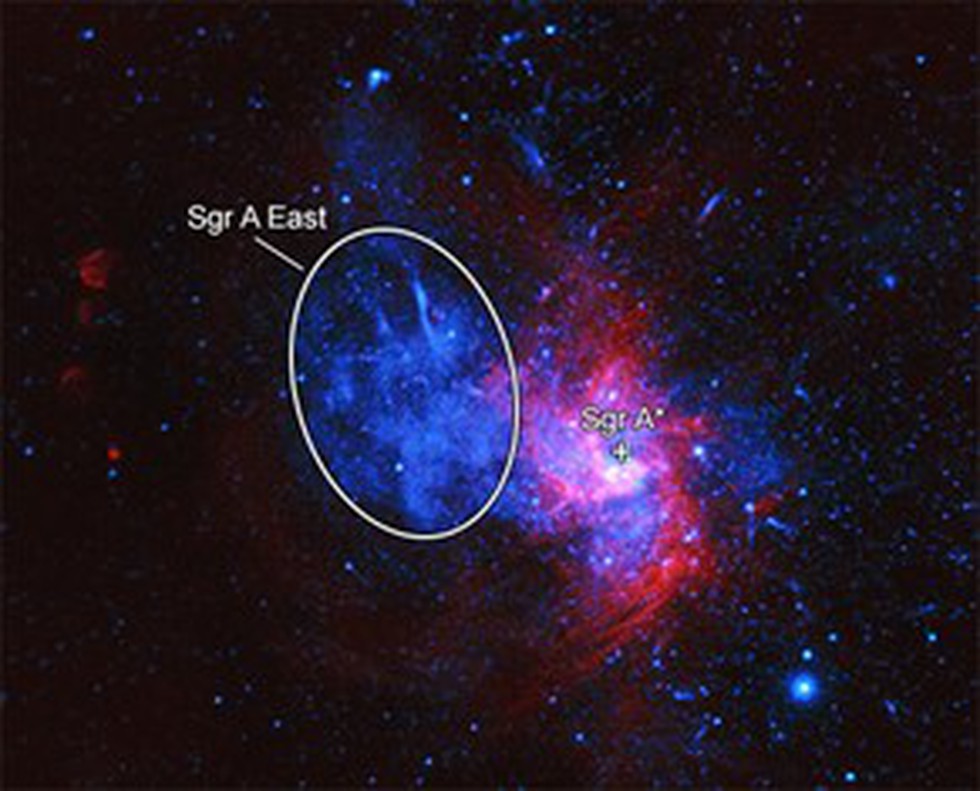
About Sagittarius A* (Sgr A*):
- It is a supermassive black hole located at the center of the Milky Way Galaxy.
- It is located in the constellation Sagittarius.
- It has a mass equivalent to four million Suns.
- It has a diameter of around 5 million kilometers .
- It is mostly dormant and only occasionally absorbs gas or dust.
- The event horizonof the black hole has a radius of 12 million km.
What is a Black hole?
- A black hole is a region in space where gravity pulls so much that even light can not get out.
- The gravity is so strong because matter has been squeezed into a tiny space. This can happen when a star is dying.
- Because no light can get out, it is difficult to detect a black hole.
- The largest black holes are called "supermassive." These black holes have masses that are more than 1 million suns together.
- Albert Einstein first predicted the existence of black holes in 1916, with his general theory of relativity.
What is the ‘event horizon’ of a Black hole?
- It is the boundary defining the region of space around a black hole from which nothing (not even light) can escape.
- The escape velocityfor an object within the event horizon exceeds the speed of light.
- The radius of the event horizon is called the Schwarzschild radius, after the German astronomer Karl Schwarzschild.
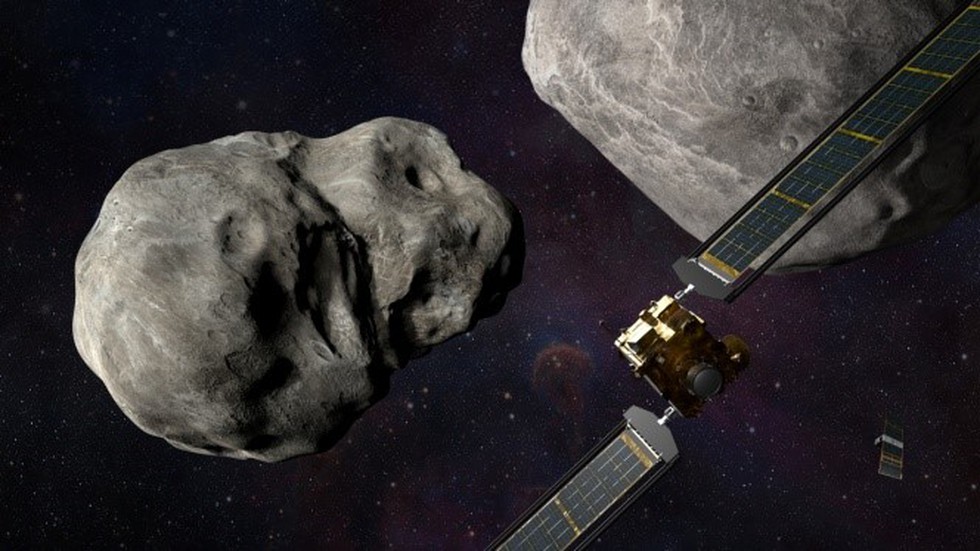
About Double Asteroid Redirection Test (DART) mission:
- NASA's DART mission was a spacecraft designed to test a method of deflecting an asteroid for planetary defense, using the "kinetic impactor" technique (in simplest terms means smashing a thing into another thing).
- DART was the first-ever space mission to demonstrate asteroid deflection by kinetic impactor.
- The target of the spacecraft was a 160-meter-wide asteroid known as Dimorphos, which is a moonlet in orbit around the larger asteroid, Didymos.
- It was launched in November 2021.
- DART spacecraft successfully collided with Dimorphos on 26 September 2022, altering the asteroid's orbit by 33 minutes.
- It is the first time humanity intentionally changed the motion of a celestial object in space.
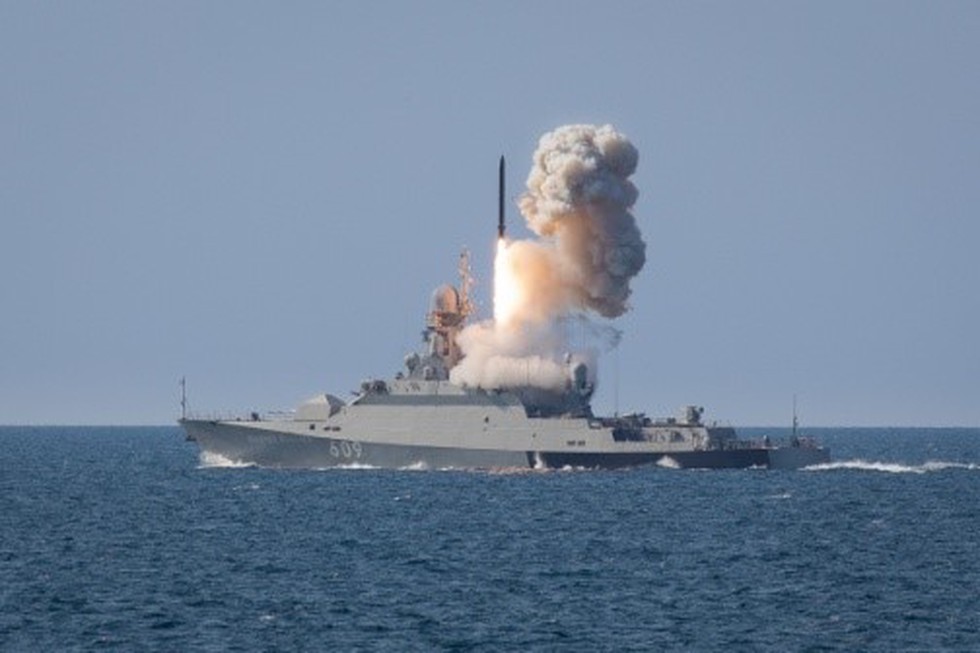
Why in News?
- Kalibr missiles have been used by Russia to attack targets in Ukraine.
- Russia targeted Ukraine power stations by launching Kalibr missiles from submarines and ships in the Black Sea.
About Kalibr Missile:
- It is a Russian family of the ship-, submarine-, surface- and air-launched cruise missiles that can engage hostile warships and land targets.
- This family includes a variety of different missiles, that share common design features.
- They were developed and produced by Russia's Almaz-Antey corporation.
- Features:
- All missiles have the same diameter of 533 mm.
- It fits in a standard torpedo tube of a submarine.
- These missiles can carry conventional or nuclear warheads.
- These missiles use inertial guidance with satellite navigation update.
- They can accelerate in the terminal stage to supersonic speed to avoid enemy defenses.
- Range: It varies between 200km to 2500km depending on the type.

About FRINJEX-23:
- It is the first joint military exercise between the Indian Army and French Army.
- This is the first time the two countries have engaged in a military exercise in a team format consisting of a company group.
- Objective: Enhancing interoperability, coordination, and cooperation between both forces at the tactical level.
- The theme for the exercise is based on “Humanitarian Assistance and Disaster Relief Operations in a Contested Environment”.
Indian-France Military Exercises:
- Exercise Garuda: Air Force
- Exercise Varuna: Navy
- Exercise Shakti: Army
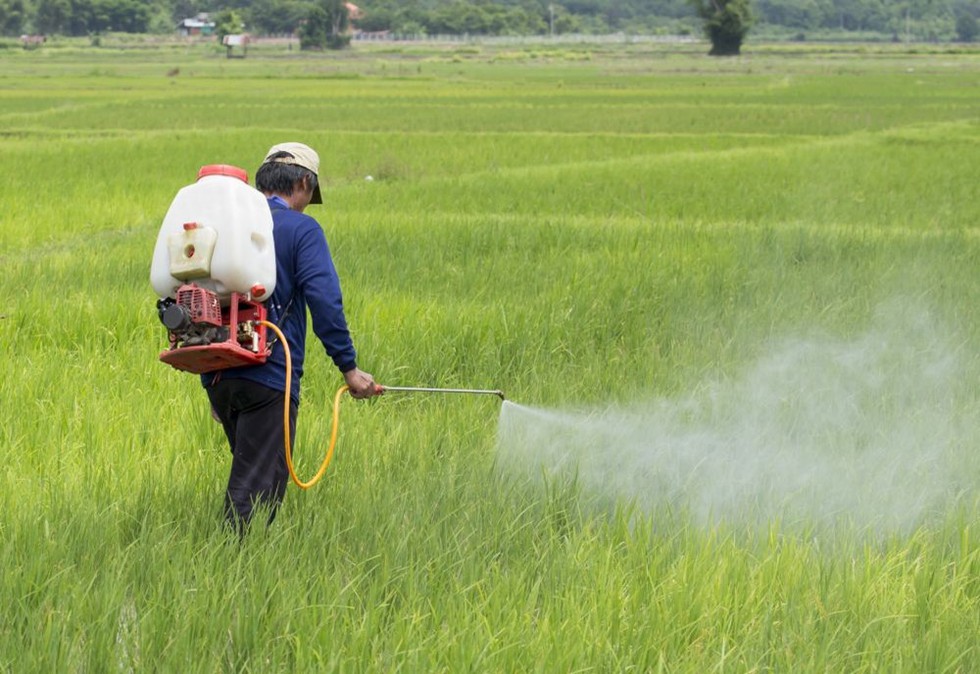
About Nano Urea:
- It is a nanotechnology-based revolutionary Agri-input that provides nitrogen to plants.
- It is developed and patented by the Indian Farmers Fertiliser Cooperative Limited (IFFCO).
- IFFCO Nano Urea is the only nano fertilizer approved by the Government of India and included in the Fertilizer Control Order (FCO).
- Features:
- Compared to conventional urea prill, Nano Urea has a desirable particle size of about 20-50 nm and more surface area (10,000 times over 1 mm urea prill) and number of particles (55,000 nitrogen particles over 1 mm urea prill).
- It contains 4.0 % total nitrogen (w/v).
- Benefits:
- It is produced by an energy-efficient, environment-friendly production process with less carbon footprints.
- Increased availability to crop by more than 80%, resulting in higher nutrient use efficiency.
- It is expected to improve crop productivity, soil health, and nutritional quality of produce and address the "imbalanced and excessive use" of conventional fertilizer.
Indian Farmers Fertiliser Cooperative Limited (IFFCO):
- It is India’s largest multi-state cooperative society that is entirely owned by Indian cooperatives.
- IFFCO is primarily engaged in the production and distribution of fertilizers.
- Headquarters: New Delhi, India.
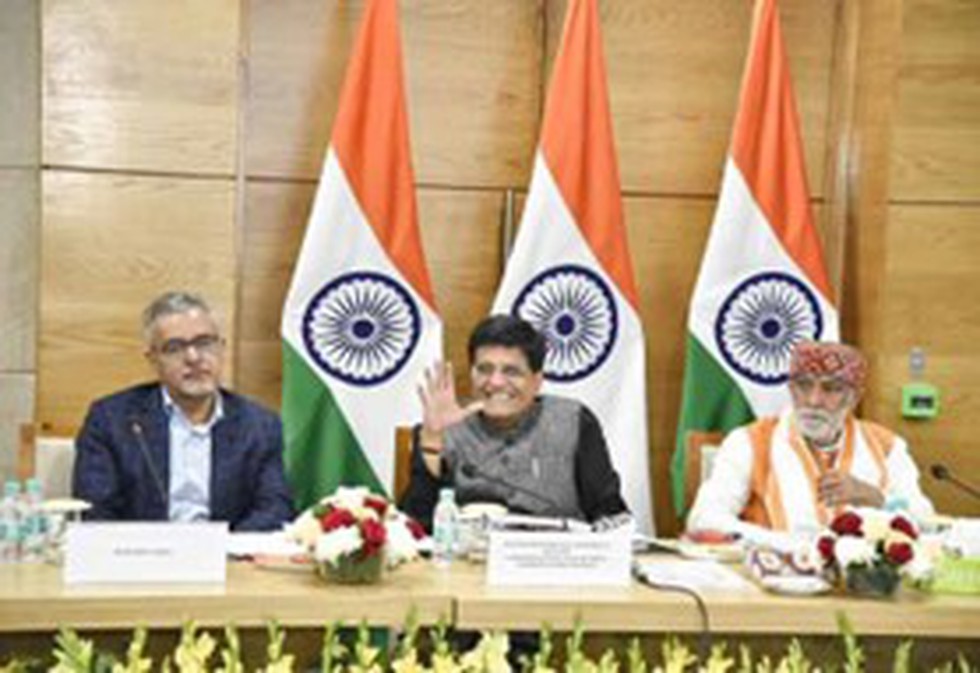
About SMART-PDS System:
- The Department of Food and Public Distribution (DFPD) is envisaging a new and unified scheme to strengthen the PDS technology components by standardization of its operation and implementing data-driven decision-making through data analytics.
- Full-Form: Scheme for Modernization and Reforms through Technology in Public Distribution System.
- This scheme aims to transform the entire PDS IT ecosystem by leveraging the usage of Cloud and new-age technology.
Components of SMART-PDS.
- Smart Ration Card: SMART-PDS is a system where smart ration cards are issued to beneficiaries of the public distribution system, and ration is given through fair price shops on the production of the smart ration card by any member of the beneficiary family.
- Fingerprint Template: The fingerprint template of the beneficiary is recorded in these smart ration cards, which record all transactions.
- Nodal Ministry: Ministry of Consumer Affairs, Food and Public Distribution
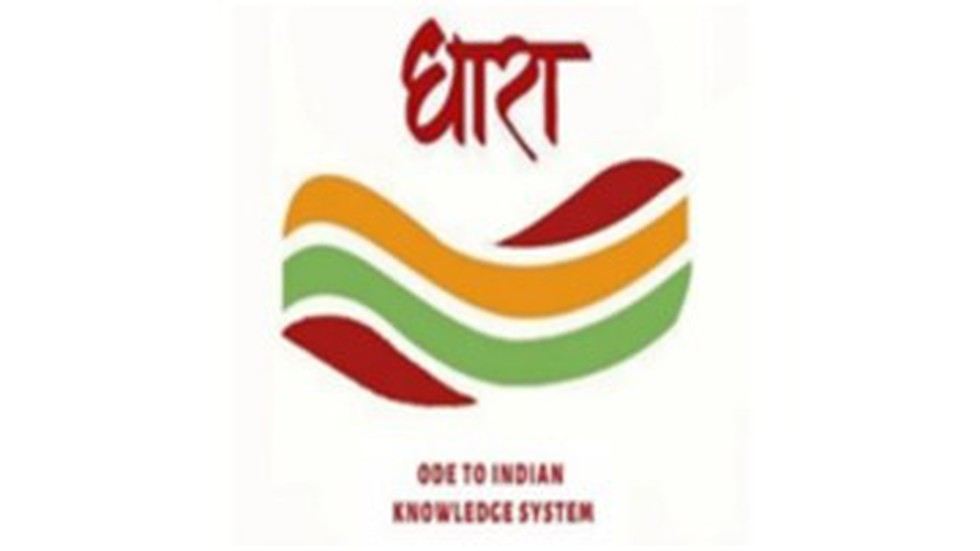
About Dhara initiative:
- During its yearlong activities, it has been successful in creating public awareness, and stakeholder participation and helped to devise a framework for the promotion and revival of multiple domains of Indian Knowledge Systems.
- The programme was conceptualized as a series of lectures and discussions dedicated to specific areas of inquiry highlighting India’s civilizational achievements.
- The Indian Knowledge Systems (IKS) Division of the Ministry of Education located at AICTE, New Delhi is the key execution partner for Dhara events.
- Many conferences have taken place on diverse and distinct themes titled: Indian contribution to Mathematics, Indian National Calendar, Dhara Astronomy and Astrophysics etc.
- The next conferences planned in the series are based on the metallurgical, agricultural and ancient economic thoughts and traditions of India.
- Nodal Ministry: Ministry of Culture
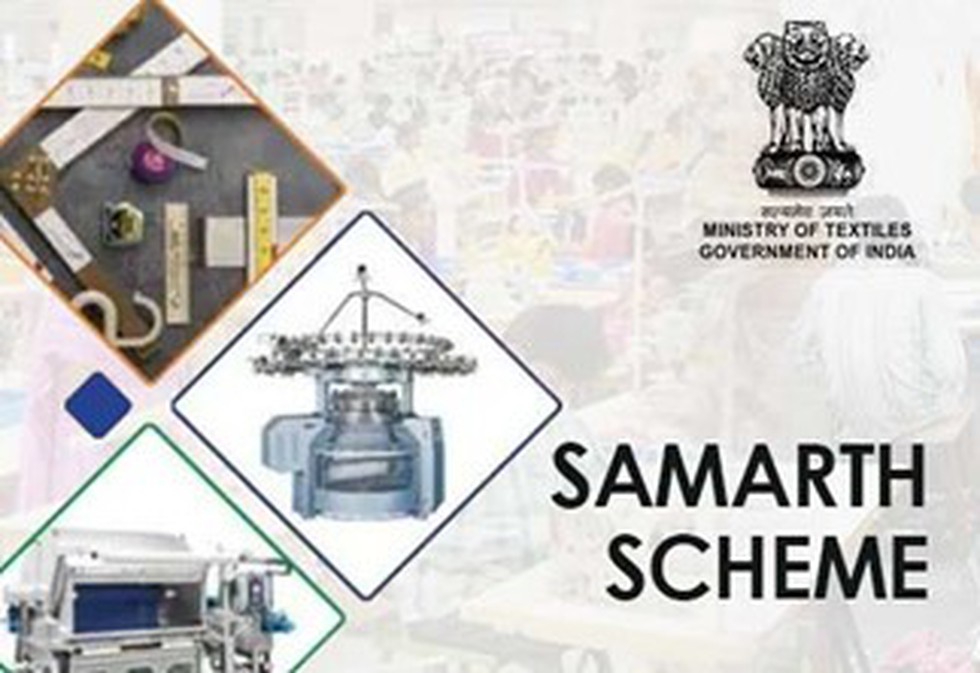
About SAMARTH Scheme:
- Samarth (Scheme for Capacity Building in Textiles Sector) is a demand-driven and placement-oriented umbrella skilling programme.
- The implementation period of the scheme is up to March 2024.
- It aims to incentivize and supplement the efforts of the industry in creating jobs in the organized textile and related sectors, covering the entire value chain of textiles, excluding Spinning and Weaving.
- In addition to the entry-level skilling, a special provision for upskilling/ re-skilling programme has also been operationalized under the scheme towards improving the productivity of the existing workers in the Apparel & Garmenting segments.
- It also caters to the upskilling/ re-skilling requirement of the traditional textile sector such as handloom, handicraft, silk and jute.
- Nodal Ministry: Ministry of Textiles.
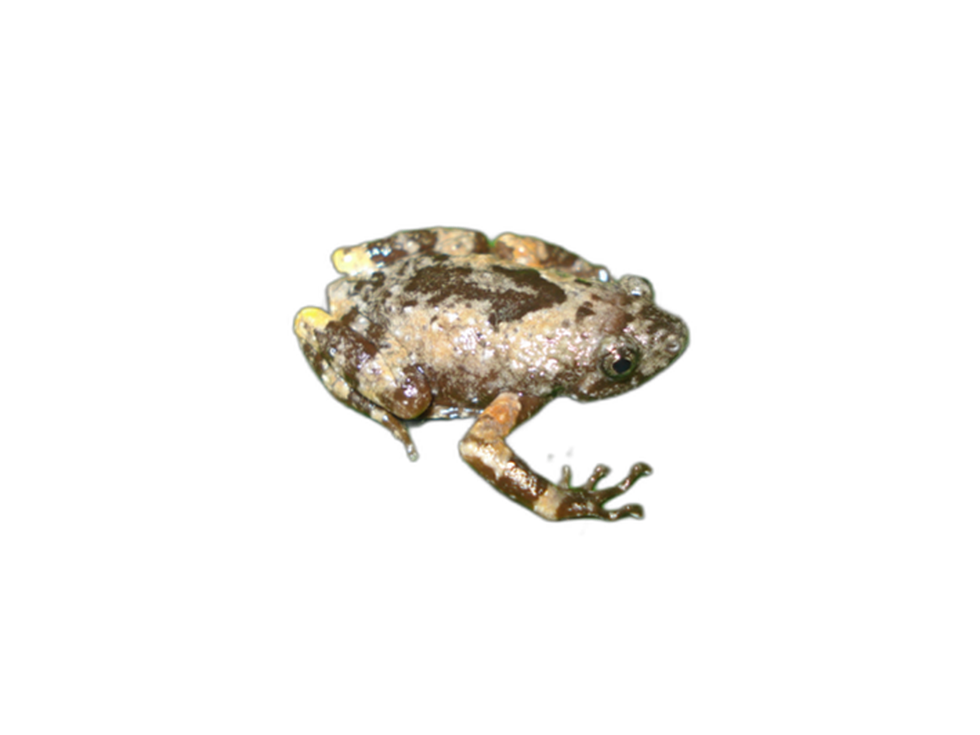
About Uperodon montanus:
- It is also known as Jerdon's narrow-mouthed frog or Malabar Hill frog
- It is endemic to the Western Ghatsof India.
- The typical habitat in which this frog is found in tree holes in the rainy season is in the moist deciduous forest to evergreen forest.
- This frog is considered a montane species and is restricted to higher altitude ranges of 800-1,700 metres.
- They are distributed from near Wayanad south across the Palghat and the Shencottah gaps to the Agasthyamalai hills.
- Its tadpoles are free-swimming and exotropic, which means they feed on other species.
- Conservation status:
- IUCN: Near Threatened
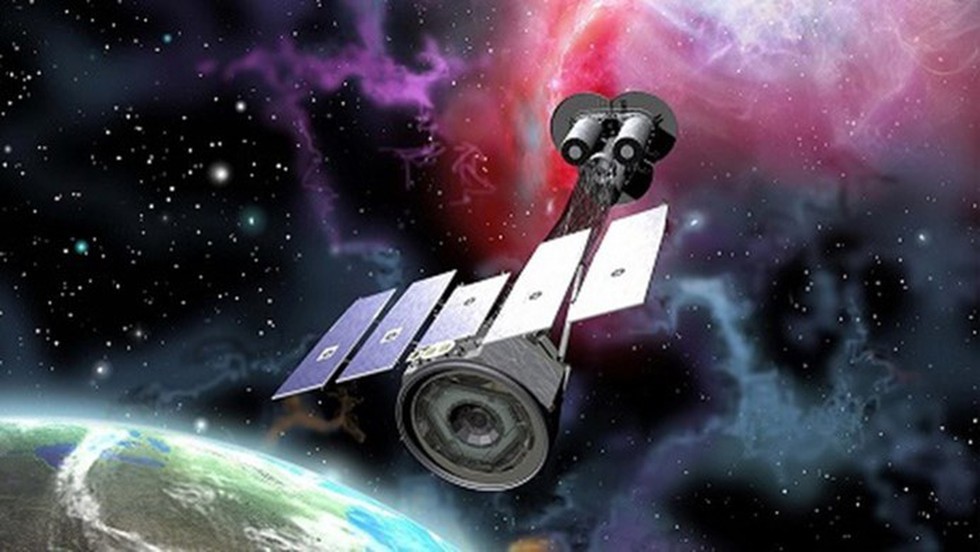
Why in news?
- The explosion of a supernova which was named Tycho was visible to people on Earth in 1572, and the shock wave from the blast is still propagating through the cosmos.
Key facts about the Imaging X-ray Polarimetry Explorer (IXPE)
- IXPE is an international collaboration between NASA and the Italian Space Agency.
- It studies the most extreme and mysterious objects in the universe – supernova remnants, supermassive black holes, and dozens of other high-energy objects.
- It is the first satellite dedicated to measuring polarized X-rays from objects, such as neutron stars and supermassive black holes, to reveal previously hidden details of the universe.
What is Tycho?
- The Tycho supernova is classified as a Type Ia supernova, which occurs when a white dwarf star in a binary system shreds its companion star, capturing some of its mass and triggering an explosion.
- Tycho released as much energy as the Sunwould emit over ten billion years and blasted particles out into space near the speed of light.
- Researchers used IXPE to reveal the magnetic field geometry close to Tycho’s shock wave to investigate further how particles are accelerated there.





























































































































































.png)
.png)
.png)
.png)
.png)


.png)
.png)
.png)





.png)
.png)






.png)
.png)
.png)
.png)
.png)
.png)
.png)
.png)
.png)

.png)







.png)
.png)


.png)
.png)
.png)


.png)

.png)
.png)





.jpg)

.png)
.png)


.png)

.png)
.png)
.png)

.jpg)

.jpg)


.png)

.png)
.png)
.png)
.png)
.png)
.png)
.png)
.png)
.png)
.png)




.png)

.png)





.png)
.png)
.png)
.png)
.png)
.png)
.png)
.png)
.png)
.png)
.jpg)
.jpg)

.png)
.png)
.png)
.png)
.png)
.png)
.png)
.png)
.png)
.png)
.png)
.png)
.png)
.png)
.png)
.png)
.png)
.png)
.png)
.png)
.png)
.png)



.png)
.png)

.jpg)
.jpg)


.jpg)
.jpg)
.jpg)
.jpg)
.jpg)

.jpg)








.jpg)
.jpg)
.jpg)
.jpg)
.jpg)

















.jpg)
.jpg)




.jpg)


















.jpg)
.jpg)






























































































.jpg)
.jpg)


























.jpg)

.jpg)










.jpg)








.jpg)




.jpg)










.jpg)


















.jpg)












































.jpg)














.jpg)
.jpg)
.jpg)





.jpg)

.jpg)
.jpg)





































































.jpg)


































.jpg)
.jpg)
















































.jpg)












.jpg)


.jpg)




.jpg)
.jpg)
.jpg)

.jpg)
.jpg)
.jpg)
.jpg)

.jpg)
.jpg)
.jpg)

.jpg)
.jpg)
.jpg)
.jpg)
.jpg)
.jpg)
.jpg)
.jpg)

.jpg)


.jpg)
.jpg)
.jpg)
.jpg)
.jpg)
.jpg)
.jpg)
.jpg)
.jpg)
.jpg)











.jpg)
.jpg)





.jpg)
.jpg)
.jpg)
























.jpg)
























.jpg)









.jpg)
.jpg)







.jpg)
.jpg)









































.jpg)
.jpg)
.jpg)
.jpg)
.jpg)

.jpg)
.jpg)
.jpg)
.jpg)
.jpg)


.jpg)
.jpg)
.jpg)
.jpg)
.jpg)

.jpg)
.jpg)
.jpg)
.jpg)
.jpg)
.jpg)
.jpg)
.jpg)
.jpg)
.jpg)
.png)

.png)
.png)

.png)
.png)
.png)
.png)


.jpg)
.jpg)

.jpg)
.jpg)
.jpg)

.png)
.png)
.png)
.png)
.png)
.png)
.png)

.png)
.png)
.png)
.png)
.png)
.png)
.png)
.png)
.png)
.png)





































































-min.png)



.png)




.png)








































